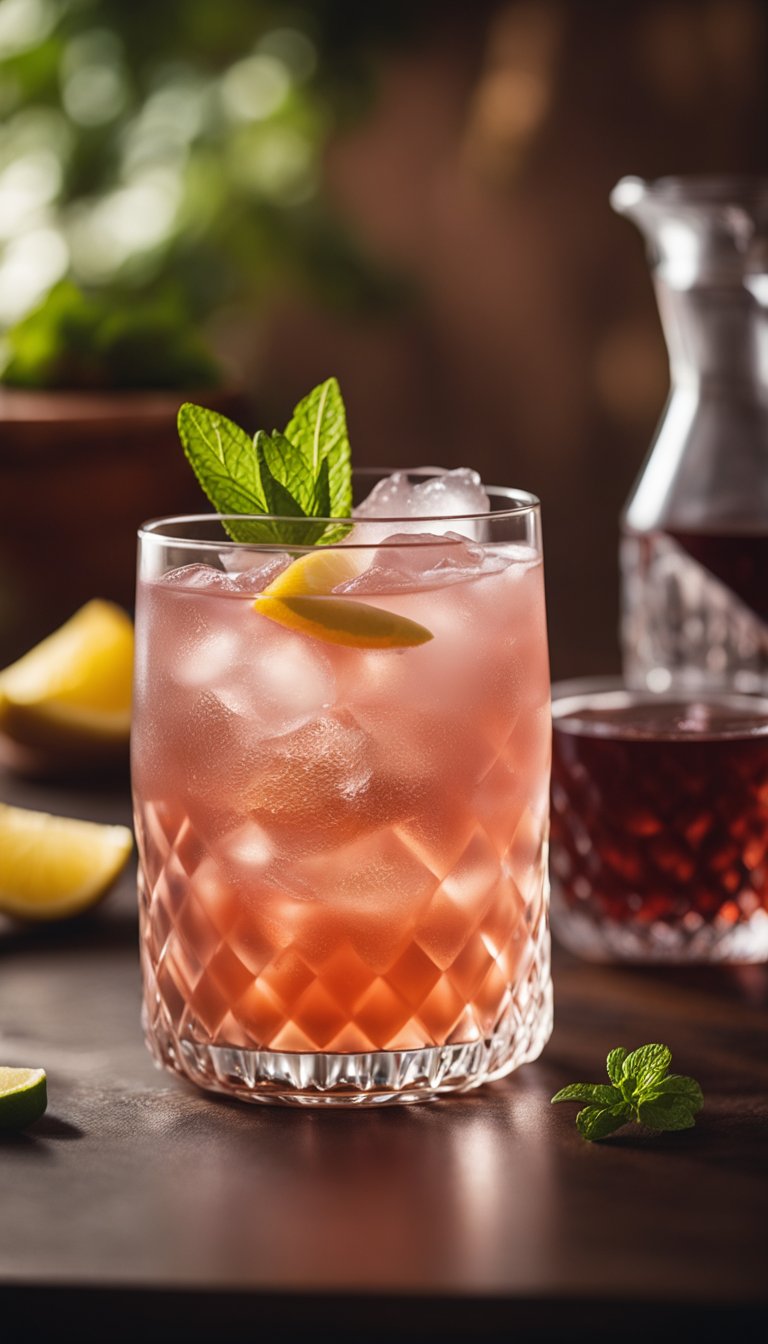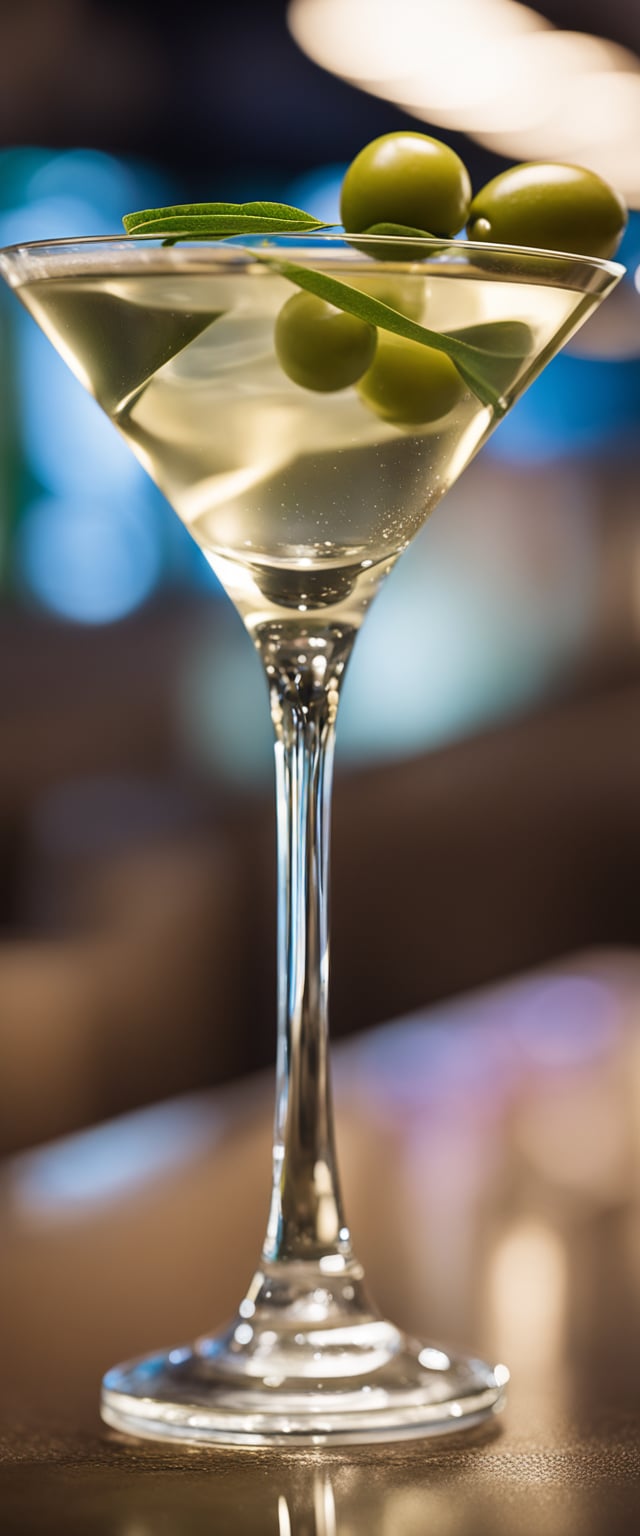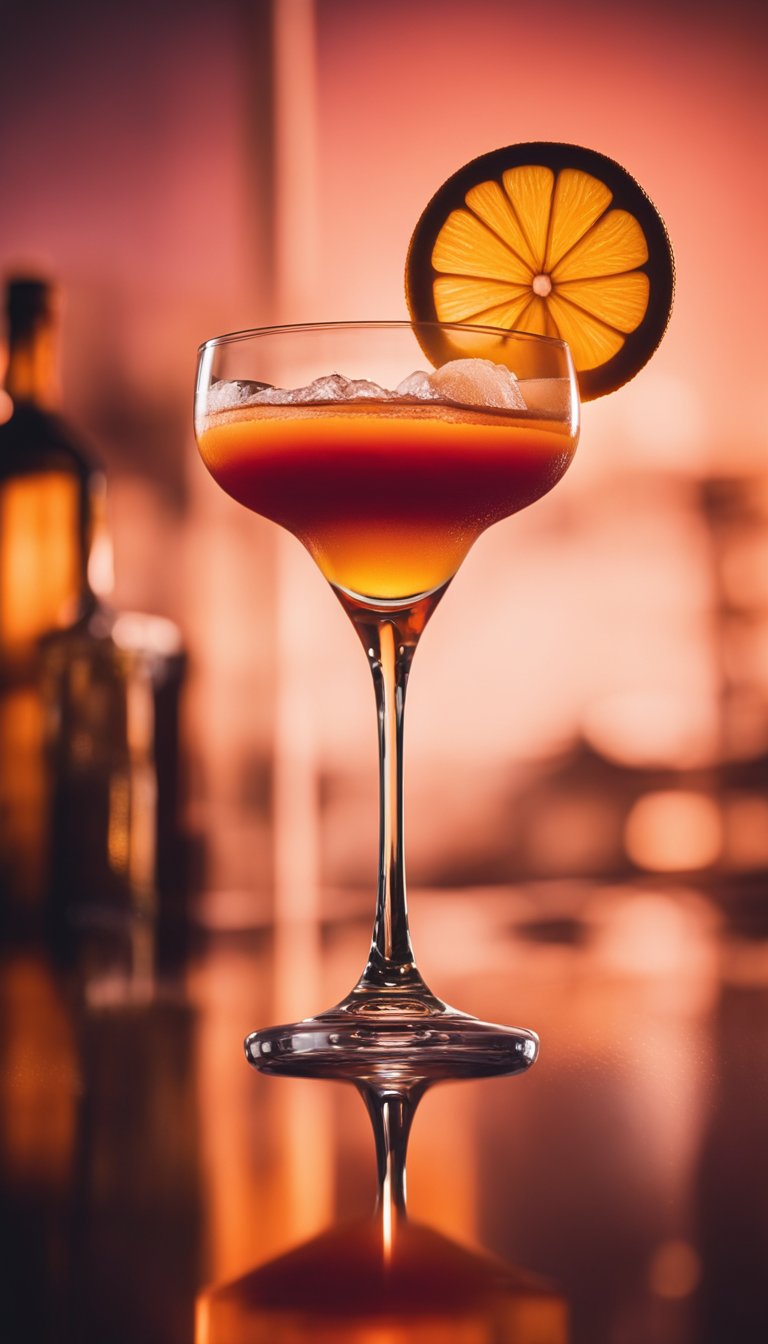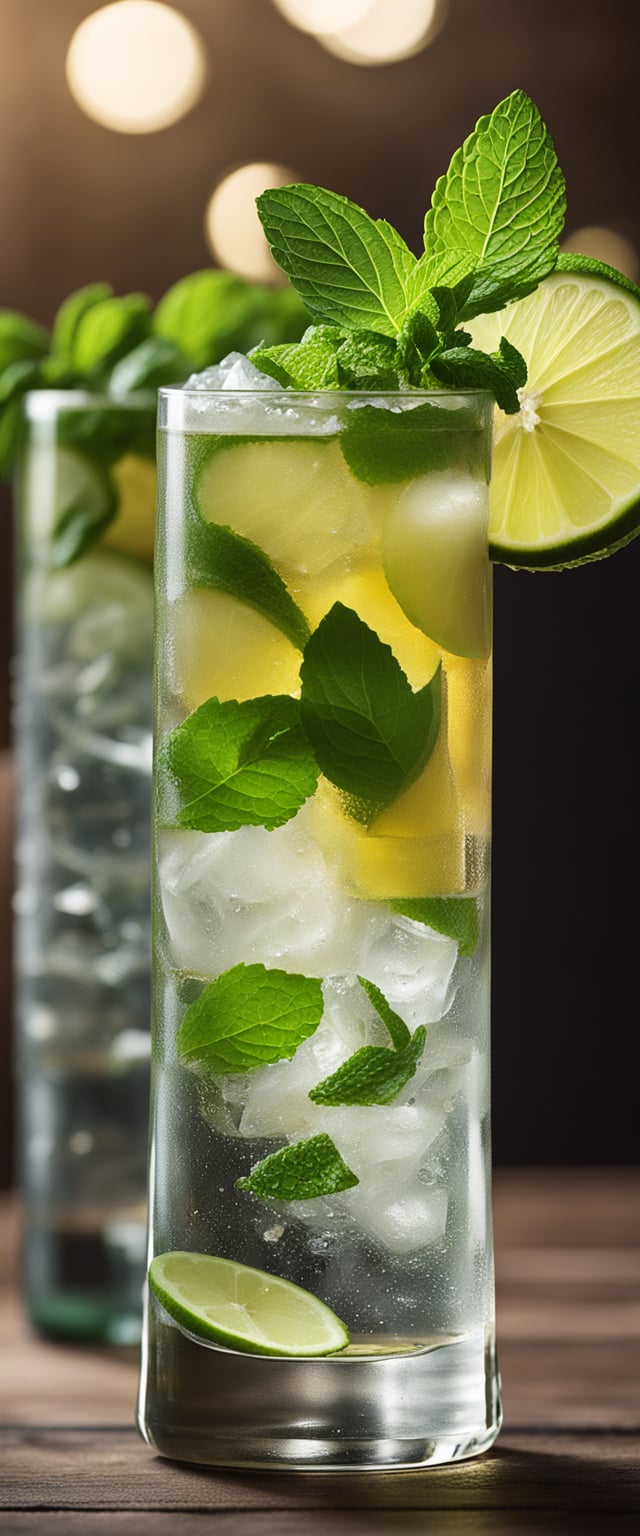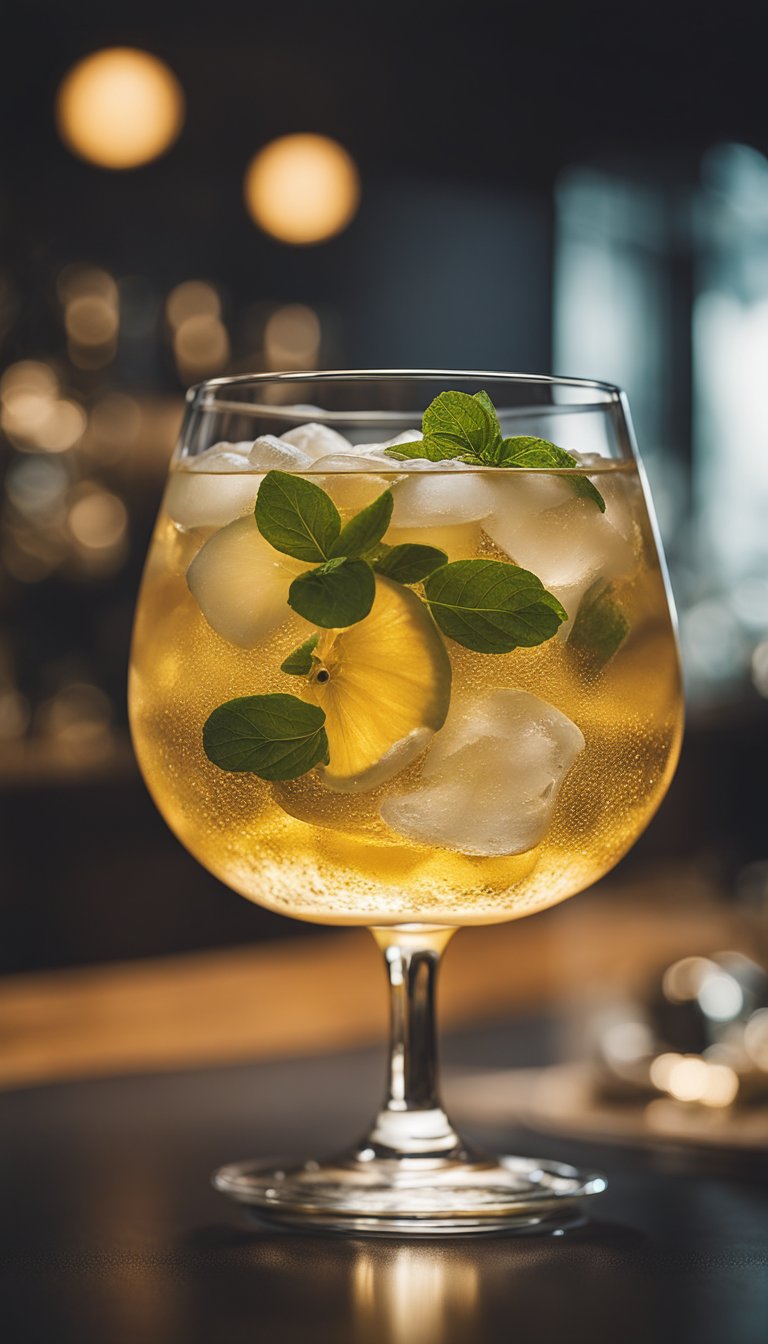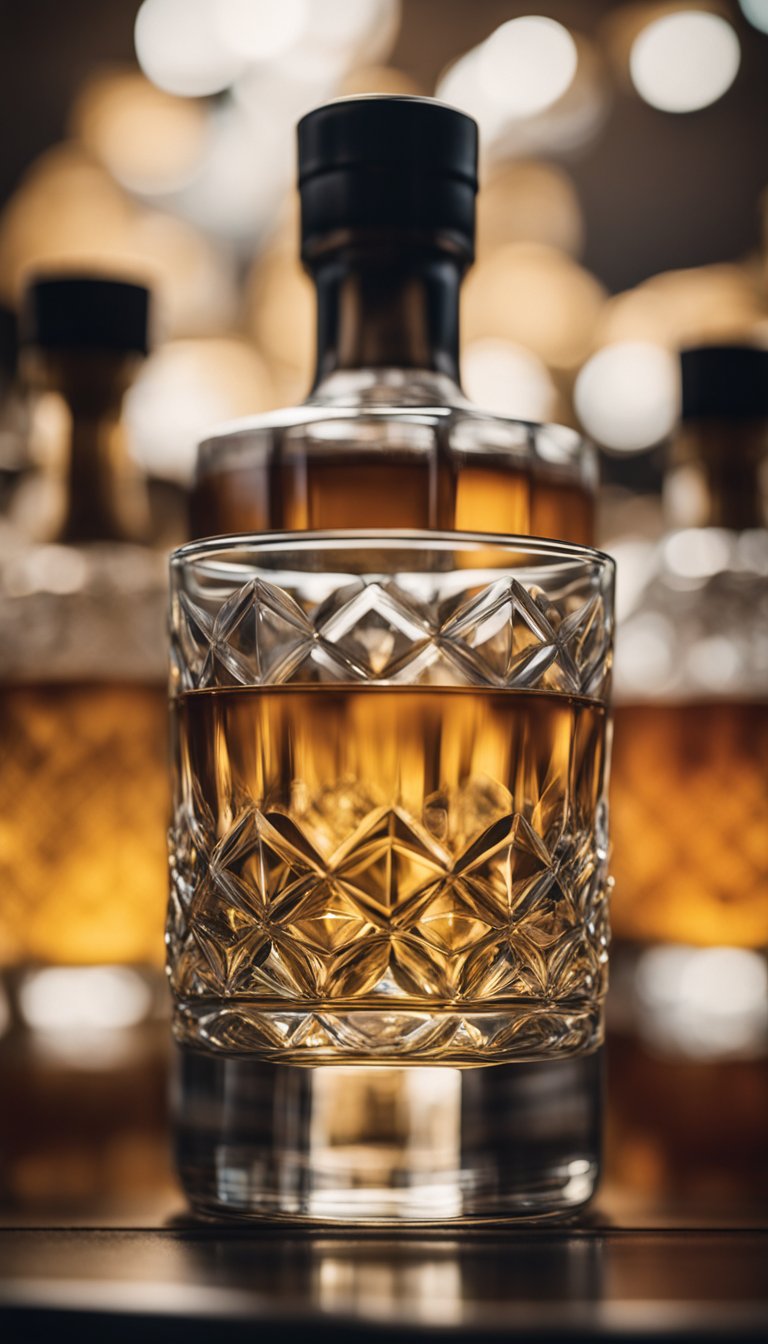The Flavors that Unlock: Must-Try Alcohol-Free Spirits for Zero-Proof Cocktails in the UK
Are you ready to embark to a delicious journey the world of cocktails that are zero proof? If you’re looking for exciting flavors without the alcohol and alcohol, you’re in for an exciting delicious treat. Through this series of articles we’ll unravel the secrets of crafting the perfect zero-proof cocktails with alcohol-free spirits. But that’s not all – we’ve got a limited-time offer that will make your taste buds tingle in anticipation.
This is the Zero-Proof Cocktail Revolution
In the past few years, the field of mixology has experienced the world of mixology undergo a major transformation. Gone are the days when non-drinkers could only choose boring juice or soda. The zero-proof cocktail revolution is in full swing and it’s changing how we think about mocktails.
The majority of people prefer to try sophisticated and complex flavor without the excitement of alcohol. It could be due to health issues or the desire to stay focused, or simply craving the flavor there is a demand for non-alcoholic alternatives has surged.
Alcohol-free spirits lie at the forefront of the revolution that offer a variety flavours and aromas that rival their alcohol-based counterparts. And the top part? You’ll be able to enjoy them without regrets about the morning after.
Introduce Alcohol-Free Spirits
Alcohol-free spirits commonly referred to”AF spirits” or AF spirits, are the stars of our show. These innovative beverages are crafted to bring out the essence of traditional spirits without the alcohol content. Imagine sipping on a glass of AF whiskey that delivers the smoky, oak-aged aglow of the real thing. Or maybe you’d prefer a gin variant that boasts the botanical complexity of your favorite gin without the alcohol-induced fog.
What’s that stands AF spirits aside from the usual non-alcoholic drinks? All it takes is the science of distillation as well as infusion. The spirits are carefully crafted so that they can replicate the flavors and aromas we associate with classic spirits. They do this by using an expertly selected selection of botanicals or spices, herbs and distillation methods.
In the sections to follow, we’ll delve deeper into this world of spirits that are alcohol free. We’ll explore the brands that are generating buzz in the UK market and offer insights about their flavor profiles and recommended uses. So, if you’re curious about the flavors to come to your palate, check out.
Next step Explore Alcohol-Free Spirit Options
In the next section in the next section, we’ll show you the wide range of alcohol-free spirits in the UK. We’ll take you to the world of flavors that will lift your zero-proof cocktails to new levels.
Exploring Alcohol-Free Spirit Alternatives
In our quest to discover the world of alcohol-free spirits for making delicious zero-proof cocktails in the UK the UK, we’ve reached an critical point. It’s time to look into the vast and intriguing landscape of alcohol-free spirits that are making waves in the market. From AF gins that are botanically infused to sophisticated whiskey alternatives There are a myriad of choices to pick from. In this section this article, we’ll highlight some of the top brand names and their impressive offerings.
AF Gins: A Symphony of Botanicals
Alcohol-free Gins have led the way in the world of alcohol-free spirits, thanks its ability to capture the complexity of traditional Gin. Here are a few companies that are taking AF gin to new levels:
1. Seedlip
New and innovative
Seedlip is often thought of as the founder of the alcohol-free spirits movement. Their range of AF Gins include “Grove 42,”” “Garden 108,” as well as “Spice 94.4.” Each one is meticulously created to replicate the flavor of traditional gins, with aromatic botanicals taking center-stage. “Grove 42” is a citrusy blend “Garden in 108” is a herbal delight as well as “Spice 94” is a spicy and warm undertones.
Recommended Drink: Seedlip AF gins are best enjoyed with premium-quality tonic drink and garnished with orange peels or freshly cut herbs.
2. Ceder’s
Elegance in Every Sip
Ceder’s is a brand that offers AF Gins inspired by the fresh, clear water of the Cederberg Mountains in South Africa. There are variations of “Crisp,” “Wild,” and “Classic,” Ceder’s provides an enticing and refined AF Ging experience. “Crisp” is a light and aromatic “Wild” brings a dash of Swedish inspiration, and “Classic” brings out the essence of classic gin.
Recommended Drink: Try Ceder’s AF Gins along with your preferred tonic water, along with a garnish of chopped cucumber, or a small sprig of rosemary.
For AF Whiskeys A Sprinkle of Elegance
For those who like the richness and depth of whisky, AF substitutes for whiskey has taken on the challenge. These brands provide AF whiskeys that have rich oaky flavor without alcohol.
1. Ritual Zero Proof
Well-crafted
Ritual Zero Proof is a AF whiskey alternative that has garnered rave reviews on its quality and authenticity. With a blend of American oak, Ritual Zero Proof’s whiskey option gives the warmth of traditional bourbon. It has notes of vanilla, caramel, and oak.
Recommended Serve: Enjoy Ritual Zero Proof’s whiskey-based alternative to classic whiskey cocktails like Old Fashioned or Manhattan.
2. Stryyk Not Gin
Whiskey with a Twist
Although it is most well-known for its AF Gin, Stryyk also offers an AF whiskey option that’s worthy of to try. The whiskey is a mix of warm spice and oak aromas, Stryyk’s whiskey substitute is a versatile addition to your zero-proof cocktail arsenal.
Recommended Serve: Use Stryyk’s whiskey alternative to create distinctive zero-proof cocktails based on whiskey, such as Whiskey Sour, or Mint Julep.
What’s Next: Designing Your Zero-Proof Masterpiece
Once you’ve been familiar with some incredible spirits with no alcohol, you’re well prepared to embark on the zero-proof adventure of cocktails. In the next part we’ll look into the art of making zero-proof cocktails to showcase the distinct flavors of these spirits. Set your mixers to shake, stir, and savor!
Next: Making Zero-Proof Cocktails using AF Spirits
In the upcoming section, we’ll provide you with professional tips and mouthwatering recipes for crafting zero-proof cocktails that will delight your taste and palate. Keep watching!
Upgrade Your Inventory Directly: Swedish Distillers’ Alcohol-Free Spirits in Bulk!
Mixing Zero-Proof Cocktails by using alcohol-free Spirits
We’re back for our journey into the fascinating spirit world that is alcohol-free and their function in making exceptional zero-proof cocktails. In previous articles we’ve explored the world of AF whiskeys and gins, showcasing the top brands and their impressive offerings. The time has come for us to put our hands up and make some noise as we discover the art of creating low-proof cocktails that allow these liquors to show their best.
“The Art of Mixology: Crafting Zero-Proof masterworks
Mixology is an art, and creating zero-proof cocktails is no different. Absence of alcohol does not mean sacrificing complexity or flavor. In fact, it’s an opportunity for you to explore new tastes and try out exciting ingredients. This is how you can be a mixologist of the future:
1. Balance is the Key
The basis of every great drink, alcoholic or otherwise the main ingredient is the balance. You’ll want to get the perfect harmony between bitter, sweet, sour and savory flavors. Here’s a basic formula to get you started:
- Base : This is your alcohol-free spirit, such as an AF whiskey or gin alternative.
- Sweet includes a sweet element such as simple syrups, fruit juices or syrups.
- Sour The idea is to add a sweet component, such as citrus juice (lemon, lime) or vinegar.
- Bitter: Bitters or herbal liqueurs can give complexity and depth.
- Aromatic Garnishes such as herbs or spices, as well as fruit peels can increase aroma.
2. Experiment to play with flavor Combinations
One of the pleasures of mixology that is zero-proof is the possibility of creating unique flavor combinations. Take for instance, pairing a botanical-forward AF gin syrup and a touch of grapefruit to make the most refreshing and aromatic cocktail. For a more sophisticated drink, try an AF whiskey substitute with muddled fruits and the addition of thyme for an earthy, fruity mix.
3. Texture is Important
Think about the texture of your cocktail’s texture. Some drinks are better shaken vigorously in order to create a frothy and refreshing drink, whereas some require a gentle stir to ensure clarity and elegance.
4. Make a Statement with Garnish
Don’t overestimate the power of garnishes. A properly chosen garnish not only adds visual appeal to your drink but can create a subtle aroma or flavor. Think of citrus twists, fresh herbs, edible blooms, or even sprinkles of ground spices.
Three must-try zero-proof cocktails
If you’re now armed with knowledge about mixology, let’s go into creating three tasty low-proof cocktails with alcohol-free spirits we’ve examined earlier.
1. Crisp & Clean AF Gin Fizz
Ingredients:
- 2 oz Seedlip Grove 42 (or similar AF gin)
- 1 oz freshly squeezed lemon juice
- 1/2 oz simple syrup
- 1 egg with white (optional for foaminess)
- Soda water
- Lemon twist as garnish
Instructions:
- Dry shake (shake without Ice) the lemon juice, simple syrup, and egg whites for about 15 seconds to produce froth.
- Add more ice, shake and shake for 15 seconds more.
- Pour the drink into a glass filled with Ice.
- Then top with soda water, and gently stir.
- Garnish with a lemon twist.
2. Smokey Spice AF Whiskey Sour
Ingredients:
- 2 one ounces Ritual Zero proof Whiskey Alternate (or similar whiskies with AF)
- 3/4 oz freshly squeezed lemon juice
- 1/2 1 oz honey syrup (mix equal parts hot water and honey)
- 1 teaspoon of aromatic bitters
- Smoked sea salt and an ice-cream wheel with a lemon for garnish
Instructions:
- In a shaker, combine the AF whiskey the lemon juice, honey syrup, and bitters.
- Fill the shaker with ice and shake vigorously for about 15 seconds.
- Strain into a rocks glass filled with some ice.
- Sprinkle with sea salt smoked and a lemon wheel.
3. Summer Breeze Ceder’s Cooler
Ingredients:
- 2 oz Ceder’s Crisp (or similar AF gin)
- 3/4 oz elderflower syrup
- 1 Ouz of grapefruit juice freshly squeezed
- A sprig of fresh thyme to add a garnish
- Grapefruit wedge as garnish
Instructions:
- In a shaker mix in a shaker, mix AF spirit, elderflower syrup, and grapefruit juice.
- Fill the shaker with ice, then shake vigorously to chill.
- Pour the drink into a tall glass, filled with Ice.
- Garnish the drink with a small sprig fresh thyme and the grapefruit wedge.
What’s Next? Boosting The Zero-Proof Drink Game
Now that you’ve got the craft of creating zero-proof cocktails with AF spirits The time has come to learn some new techniques and innovative recipes. In the next part we’ll discuss expert mixing tips and demonstrate some creative zero-proof cocktails that will help you improve your home bartending skills.
**Next: Advanced Mixology Techniques
Lift Your Zero-Proof Mixology with Advanced Techniques and Creative Recipes
On our way to the world of alcohol-free spirits and zero proof cocktails, we’ve covered the fundamentals of mixology. In addition, we’ve created some fantastic AF cocktails. It’s now time to elevate your zero-proof mixology game through exploring cutting-edge techniques in the kitchen and making innovative recipes that are sure to impress the guests you entertain or just enhance the enjoyment of your own cocktails.
Mastering Mixology: Going Beyond the Basics
Before we begin to explore advanced techniques, let’s review the fundamental principles of mixology:
- Balance: Achieving the perfect balance between sweet bitter, bitter, sour and savory ingredients makes up the core of a perfect cocktail.
- Experimentation Allow yourself to be creative by experimenting with unique flavor combinations and ingredients.
- Texture: Consider what texture you are using in your drinks Some are best shaken for frothiness, while others are better served by gentle stirring.
- Garnish Don’t undervalue the effect of garnishes on visually appealing and aromatic.
Let’s now take your mixology skills to another level.
1. advanced Garnishing Techniques
In the past, we’ve talked about garnishes Advanced garnishing techniques can transform an excellent cocktail into the work of art. Here are some strategies to take into consideration:
- Deshydrated Citrus Wheels: Dehydrate citrus wedges (lemon and lime) to use as visually striking and aromatic garnishes.
- Flame-like Citrus Peels Alight a lemon peel on your cocktail to give it an intense burst of aroma. Use light bulbs with care.
2. Homemade Thermos and syrups
Let your mixology take it towards the next step by creating at-home syrups and infusions. Here are a few ideas:
- Herb-Infused Syrups Make unique syrups when you mix simple syrup with herbs such as basil, rosemary, or lavender.
- Spiced Syrups You can experiment with the flavor of your syrup by adding ingredients such as cardamom, cinnamon, and star anise.
3. Aromatics and Smoke
By adding a smokey flavor or unique aromas can bring new depth and complexity to your drinks that aren’t proof:
- Smoke Cloche You can invest in a smoke cloche to infuse your cocktails in smoky flavor. Place a smoldering wood chip inside the cloche prior to serving.
- Aromatic Mists Make use of a smaller spray bottle to mist aromatic essences like lavender, rose, or citrus over your cocktails.
4. Layered Cocktails
Make visually stunning cocktails with carefully pouring ingredients over the back of a spoon or using glassware that is specially designed for. Create your own combinations of colors and density to achieve striking effects.
Innovative Cocktail Recipes that are Zero-Proof
Now, let’s apply these new techniques to put to use using some of the most innovative cocktail recipes that are 100% foolproof.
1. Mystic Garden Elixir
Ingredients:
- 2 oz Ritual Zero Proof Gin (or similar AF gin)
- 1/2 oz rosemary-infused simple syrup
- 1/4 oz lavender mist
- Dehydrated lemon wheel for garnish
Instructions:
- Fill a mixing bowl with an ice cube.
- Pour in the AF vodka and simple syrup infused with rosemary. Stir gently to chill.
- Pour the drink into a chilled glass.
- Mist lavender essence over the drink.
- Garnish with a lemon dehydrated wheel.
2. Campfire Reverie
Ingredients:
- 1 1/2 oz Ceder’s Crisp (or similar AF gin)
- 1/2 oz spiced cardamom syrup
- Smoke cloche made of hickory wood chips
- Orange twist for garnish
Instructions:
- In a mixing glass, combine in a mixing glass, mix the AF vodka with the spiced syrup.
- Make a smoke cloche by filling it with wood chips made of hickory and then place it on top of the mixing glasses.
- Burn the wood chips over their own and let them cook for a few seconds.
- The cloche should be removed and then transfer the cocktail to a rocks glass filled with the ice.
- Garnish with a twist of orange.
What’s Next: Examining Signature Zero-Proof Creations
Once you’ve mastered these advanced techniques, and enjoy the unique recipes, you’ll be able for experimenting and creating the perfect zero-proof cocktail. In the next segment we’ll show you how to go about creating cocktails that are unique to your style and personal taste.
Next up: Crafting Signature Zero-Proof Design
By exploring these modern mixing techniques and trying out ingenious recipes, your are well on the path to becoming a zero-proof cocktail master. But there’s plenty more to discover! In the next part we’ll walk you through making distinctive zero-proof mixes that will truly mark you out as a master mixologist.
Mastering the art of Zero-Proof Mixology The Complete Guide
Welcome to the last chapter of our exploration into the world of zero-proof mixology. Over the course of this series, you’ll learn all aspects mixing to advanced techniques and inventive recipes. Now, it’s time for us to join all this knowledge by mastering the science and science of zero-proof mixology.
If you’ve been unable to catch any of the previous articles in this series here’s a quick overview:
First Article: Basics of Zero-Proof Mixology
In our previous article we laid out the foundation for your journey to mixology that is zero-proof. We discussed the core principles of balance, experimentation, texture, and garnishing. We taught you how to make healthy, balanced cocktails that taste delicious and zero-proof.
Part 2 of Zero-Proof Mixology: Beyond the Basics
In the final article we dived more deeply into advanced garnishing techniques, homemade syrups and infusions, smoke and aromatics, and mixed drinks. The skills you learned will allow you to elevate your zero-proof cocktails towards the highest level.
Article 3: Unique Zero-Proof Cocktail Recipes
The third article in our series introduced you to some innovative cocktail recipes that are zero-proof. Starting with the “Mystic Garden Elixir” to the “Campfire Reverie,” you were able to discover unique cocktails that showed off your mixology skills.
Article 4: Creating Signature Zero-Proof Designs
In the fourth article, we urged you to experiment with your creativity by creating unique zero-proof creations. You gained the ability to customize each cocktail to reflect your personal style and tastes.
In the final installment, we’ll link all the lessons in this series together and give you an in-depth guide to mastering the art of mixing without proof.
Mastering the art of Zero-Proof Mixology
1. The Construction of You a Zero-Proof bar
To be a successful mixologist who is zero-proof, you require the right equipment and ingredients. Be sure to have the following items:
- A variety of zero-proof spirits (AF Gin, AF rum and AF tequila.)
- Fresh fruits, herbs, along with spices, for garnishing and infusions
- Glassware of high-quality (cocktail glasses and highball glasses.)
- Essential bar tools (shaker, jigger, muddler, strainer, etc.)
2. Perfecting Your Techniques
Remember the methods we have discussed in previous articles:
- Harmonizing flavors to create a balanced flavor.
- Exploring new ingredients and combinations.
- Looking at texture and using the appropriate technique (shaking, stirring and layering. ).
- You can improve your garnishing with the most advanced techniques.
3. Innovating using Ingredients
Don’t restrict yourself to conventional cocktail ingredients. Explore:
- Unique fruit and vegetable juices (dragon fruit, cucumber, etc. ).
- Specialty bitters and syrups (hibiscus and ginger. ).
- Unusual spices and herbs for infusions (lemongrass as well as cloves. ).
4. Mixing Your Own Signature Cocktails
It’s now time to craft your signature zero-proof cocktails. Start by choosing a basic (AF spirit) and build around it. You can experiment with different textures, flavors and garnishes until you find combinations that appeal to your palate.
Conclusion
In our final tutorial on mixing that’s foolproof Remember that becoming a master mixologist requires years of practice and patience. Don’t be afraid to make the wrong decisions and be able to learn from them. With the right equipment, methods and a sense of humour You can make Zero-proof cocktails that will rival alcohol-based counterparts.
We hope you’ve enjoyed this series and that it’s encouraged you to begin the zero-proof path of mixology. No matter if you’re a drinker, driving for a designated driver, or looking to cut back on your alcohol intake, zero proof cocktails provide a wide range of flavors and tastes to take in.
Thank you so much for joining us for this adventure. our best wishes for your continued exploration into the world of mixing that is 100% foolproof!
Recap of the Series:
- Chapter 1: Basics of Mixology with Zero Proof
- 2. Zero Proof Mixology: Beyond the Basics
- Article 3: New Zero-Proof Cocktail Recipes
- Article 4: Creating Signature Zero-Proof Designs
- Article 5: Mastering the Art Zero-Proof Mixology
Now, go out and make amazing zero-proof cocktails you and your loved ones. The zero-proof path to mixology has just begun!

